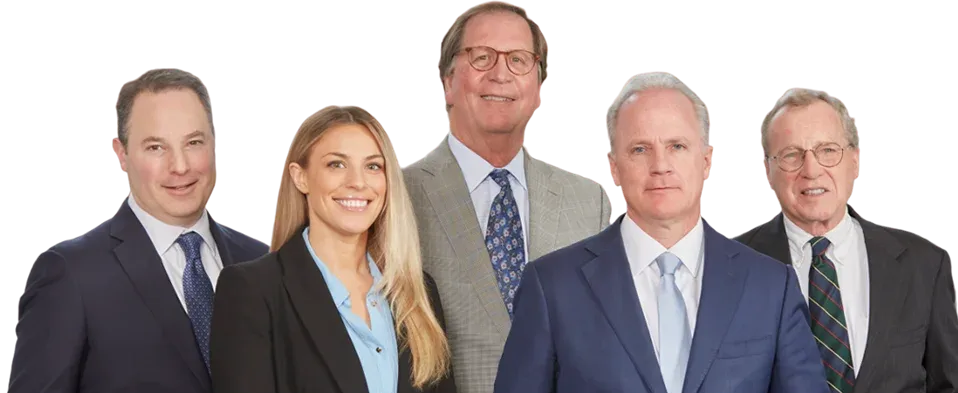Illinois law (statute 625 ILCS 5/11-503) defines reckless driving as driving with willful disregard for other road users or their property. If someone like that caused an accident that left you or your loved one hurt, a judge might order them to compensate you for medical expenses, lost wages, pain and suffering and more.
Common types of reckless driving
Illinois has traffic laws that guide road users on how to behave and drive responsibly. Additionally, when you get a license in Illinois, you automatically owe other travelers and pedestrians a duty of care. This means that if you fail to act responsibly, the court can penalize you for reckless driving.
Common examples can include the following:
- Speeding excessively
- Driving without regard for traffic lights and signs
- Failure to yield the right of way at intersections and turns
- Cutting off other vehicles in traffic or on the highway
- Texting while driving
- Passing cars illegally or dangerously (e.g., while going uphill, around blind corners, etc.)
Steps to take when involved in an accident with a reckless driver
Your journey to a compensation claim or a strong lawsuit begins with your actions at the accident scene. For instance, if you can, get plenty of pictures and videos of the accident scene that can show how the crash occurred. Talk to witnesses, too, and collect their contact information.
While at the scene, call 911 and your insurance company to report the accident. Be sure to get a copy of the police report as well, which is essential to any claim or lawsuit.
After leaving the scene, seek medical attention immediately, whether feeling injured or not. Most motor vehicle accidents result in hidden injuries that can be fatal days or even weeks after the crash. Lastly, remember to keep all receipts and other documents related to your medical care. Doing so will be useful when filing your claim.
Reckless driving is a Class A Misdemeanor in Illinois. The at-fault driver will face penalties such as probation, jail time, and a suspension of their driver’s license. On top of that, the judge may ask them to pay for your injuries and vehicular damages, as well as any costs associated with the accident.
